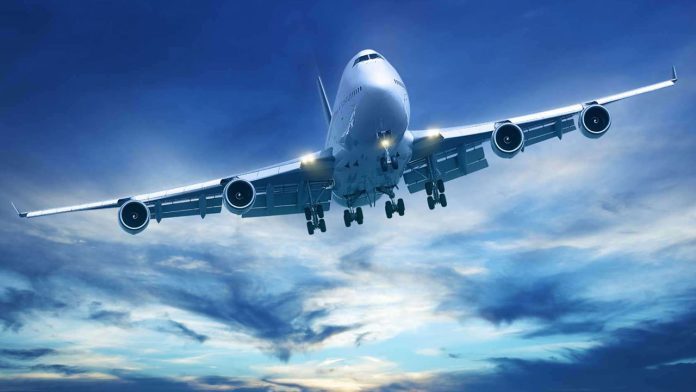Airlines from around the world marked the 20th anniversary of the IATA Operational Safety Audit (IOSA) at the IATA World Safety and Operations Conference held in Hanoi, Vietnam.
They highlighted the significant contribution IOSA has made to enhancing safety and reducing redundant audits over the past two decades.
Nick Careen, Senior Vice President of Operations, Safety, and Security at IATA, emphasized that IOSA is not only a requirement for IATA membership but is also valued by over 100 non-IATA member airlines.
More than 40 governments currently use or intend to use IOSA in their safety oversight programs.
Enhanced airline safety
Safety data demonstrate that airlines on the IOSA registry have a lower accident rate compared to those not on the registry.
Since 2005, airlines on the IOSA registry have maintained an all-accident rate of 1.40 per million sectors, while non-IOSA airlines have a rate of 3.49 per million sectors.
In 2022, IOSA-registered carriers performed four times better than non-registry airlines, with an accident rate of 0.70 per million sectors compared to 2.82 per million sectors.
Due to the strong safety performance of IOSA-registered airlines, IATA called on regulators to recognize IOSA as the global standard for airline operational safety and include it in their safety regulatory oversight programs.
The organization also encouraged airlines not yet on the IOSA registry to join. Currently, there are 417 operators on the IOSA registry, including 107 non-IATA members.
IOSA was launched in September 2003, with Qatar Airways becoming the first airline to be audited and join the IOSA Registry.
Since 2006, IOSA has been a requirement for IATA membership and is also a condition for membership in global airline alliances and regional airline associations.
It is used by regulators worldwide to complement their safety regulatory oversight programs and verify operational safety for airline codeshare arrangements.
The audit assesses an airline’s compliance with IOSA standards and recommended practices (ISARPs), based on internationally agreed standards and practices established by the International Civil Aviation Organization (ICAO).
Last year, IATA introduced changes to IOSA, moving towards a risk-based model that tailors audits to an operator’s profile and emphasizes high-risk areas.
The new approach also includes a maturity assessment of an airline’s safety-critical systems and programs.
Careen stated, “IOSA is the globally recognized standard for airline operational safety auditing, and now we are taking it to the next level by tailoring the audit activity to the operator’s profile and focusing on high-risk areas.

